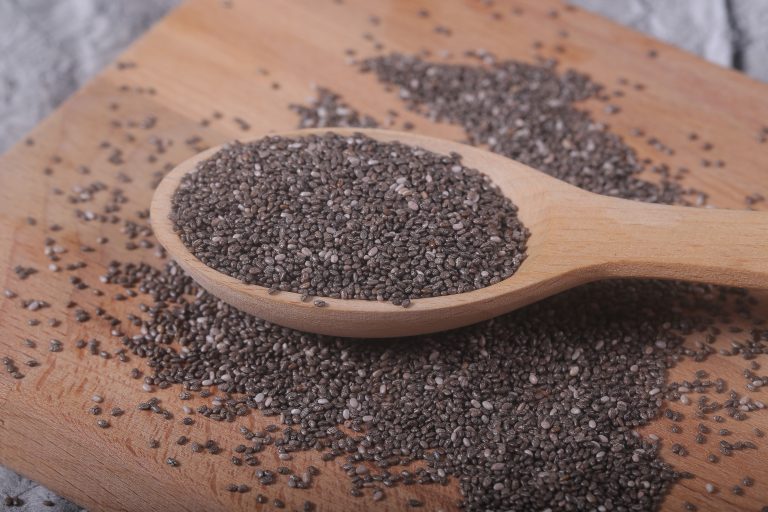Thyroid Imbalance: What to expect ? How to feel better ?
Thyroid gland is generally responsible for your body’s metabolic processes. Specifically, your thyroid releases two primary hormones — (T3) and thyroxine (T4) — that control metabolism. When working properly, the T3 and T4 hormones travel through your bloodstream and help cells get energy from the food you eat. Thyroid hormones are also responsible for helping to regulate your body temperature and blood calcium levels, helping with growth and development and, during infancy, brain development.
Who is Most Impacted by Thyroid Imbalance?
Women are much more likely to have thyroid problems than men, and may have up to a one in five chance of developing thyroid problems during their lifetime. The risk increases with age and family history, as well as:
- Having an autoimmune disease or a close relative with one
- Radiation exposure
- Thyroid surgery
- Going through menopause
- Recently having a baby
Hypothyroidism: ( Underactive thyroid)
The Most Common Thyroid Condition Hypothyroidism accounts for the majority of cases of thyroid imbalance — up to 80 percent according to some estimates. This condition occurs when your body produces too little thyroid hormone, leading to issues such as:
- Fatigue and general sluggishness
- Unexplained weight gain
- Dry skin
- Increased sensitivity to cold
- Constipation
- Pain, stiffness or swelling in joints
- Achy muscles and muscle weakness
- Heavy menstrual periods
- Moodiness
- Elevated blood cholesterol level
- Puffy face
- Brittle hair and nails
A blood test that measures your levels of thyroid-stimulating hormone (TSH) is typically used to diagnose hypothyroidism.
Hyperthyroidism: (An Overactive Thyroid )
With hyperthyroidism, your body produces too much thyroid hormone, leading to issues such as:
- If left untreated, hypothyroidism can lead to obesity, joint pain, infertility, goiter (thyroid enlargement) and heart issues.
- Weight loss
- Nervousness, anxiety and irritability
- Increased perspiration
- Racing heart
- Hand tremors
- Difficulty sleeping
- Increased bowel movements
- Fine, brittle hair
- Muscle weakness, especially in the upper arms or thighs
Nutrition for Thyroid: What Should You Eat for healthy Thyroid?
Along with all the other factors, Diet plays one of the major roles in the health of your thyroid. Certain nutrients affect thyroid’s functionality and it is essential to include them in your diet.
Iodine: Your thyroid contains the only cells in your body that absorb iodine, which it uses to make the T3 and T4 hormones. Without sufficient iodine, your thyroid cannot produce adequate hormones to help your body function optimally.
Selenium: This mineral is critical for the proper functioning of your thyroid gland, and is used to produce and regulate the T3 hormone. Selenium can be found in foods such as shrimp, tuna, cod, calf’s liver, button and shitake mushrooms and Brazil nuts.
Zinc, Iron and Copper: Such metals are needed in trace quantities for thyroid to function normally. Low levels of zinc have been linked to low levels of TSH. Foods such as calf’s liver, spinach, Mushrooms, turnip greens can help provide these trace metals in your diet.
Omega-3 Fats: These essential fats, which are found in fish or fish oil, play an important role in thyroid function, and many help your cells become sensitive to thyroid hormone.
Coconut Oil: Coconut oil is made up of mostly medium-chain fatty acids, which may help to increase metabolism and promote weight loss, along with providing other thyroid benefits. This is especially beneficial for those with hypothyroidism.
Antioxidants and B Vitamins: The antioxidant vitamins A, C and E can help your body neutralize oxidative stress that may damage the thyroid. In addition, B vitamins help to manufacture thyroid .
What should be avoided for Thyroid Health?
There are certain foods that should be avoided to protect your thyroid function. These include:
Aspartame: There is concern that the artificial sweetener aspartame, sold under the brand name Nutrasweet, may trigger Graves’ disease and other autoimmune disorders in some people.
Non-fermented Soy: Soy is high in isoflavones, which are goitrogens, or foods that interfere with the function of your thyroid gland. Soy, including soybean oil, soy milk, soy burgers, tofu and other processed soy foods, may lead to decreased thyroid function.
Fermented soy products are safe to eat, as the fermentation process reduces the goitrogenic activity of the isoflavones.
Gluten: A potential goitrogen, gluten can also trigger autoimmune responses (including Hashimoto’s thyroiditis) in people who are sensitive. Gluten is found in wheat, rye and barley, along with most processed foods.
You may have heard, vegetables like broccoli, cauliflower, cabbage and Brussels sprouts are goitrogens as well. While it’s true that large amounts could interfere with thyroid function, especially if eaten raw. If you know you have thyroid imbalance and want to be careful, steaming these vegetables will negate the goitrogenic effect, making them a healthy addition to your diet.
While the above article guides you to eating healthier, there is no substitute for customized professional advice given by a qualified nutritionist. We urge you to speak to your personal dietitian or if you need help, contact a nutritionist at Qua Nutrition.
You can contact us at 080 3232 9292 or log on to www.quanutrition.com to Book An Appointment.









